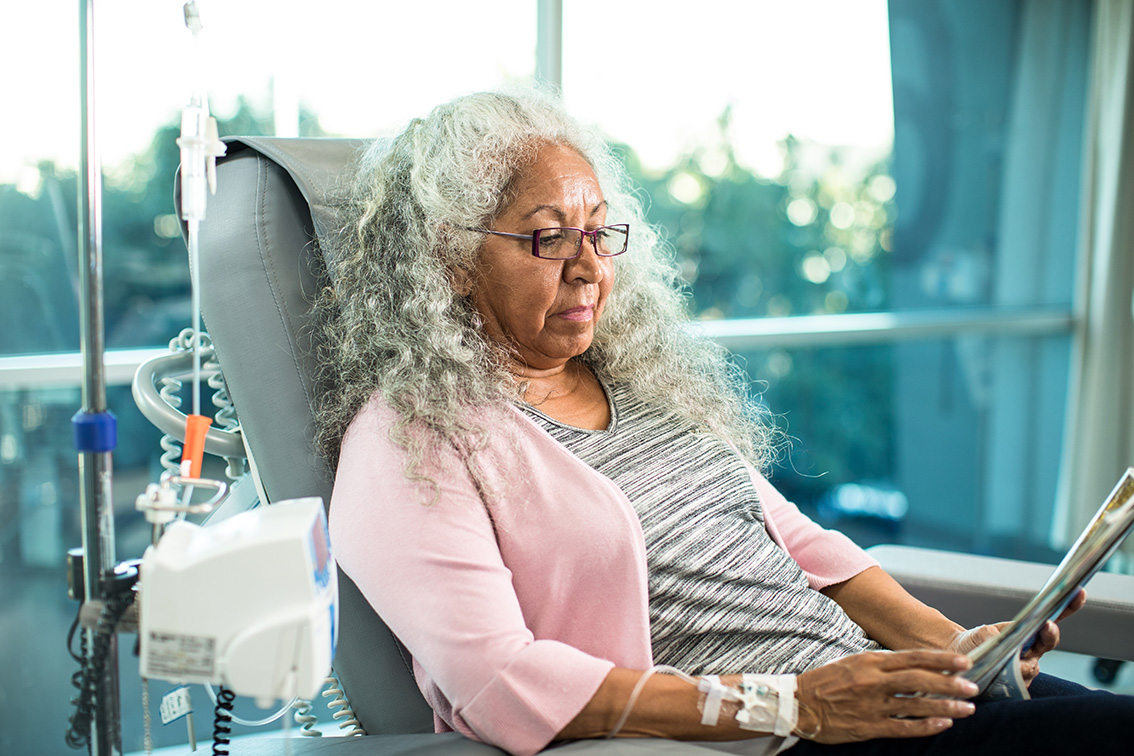Knowing what to expect during and after treatment can help you prepare and reduce any anxiety that you may be feeling. The following information has been put together to help you understand your chemotherapy treatment, and we hope to reduce any concerns you have. For advice specific to your needs and treatment plan, please speak to your treating doctor.
We are here to answer your questions, and to help you feel prepared for your treatment. If you would like more information, you can send us a message and we will have one of our team come back to you as soon as possible. Alternatively you can contact us directly.
